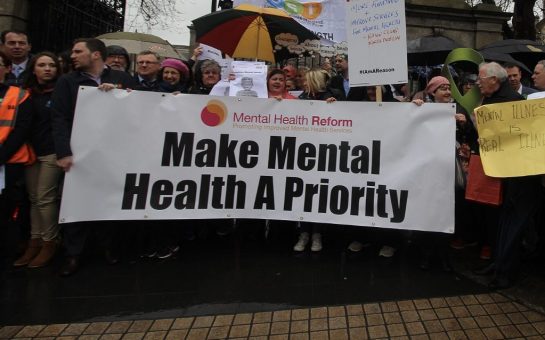Tower Hamlets has London’s smallest GCSE achievement gap between disadvantaged and other students after introducing universal Free School Meals (FSM) for secondary schools.
Attainment scores between children eligible for FSM and other pupils are typically stark, with eligible students often falling behind their peers, data from the Department for Education has shown.
Across the UK, children are eligible for FSM if their parents are on universal credit and have an income of below £7,400 excluding benefits.
Tower Hamlets was the first and only borough to offer universal FSM to state secondary school students up to the age of 16 in September 2023 and has offered them to primary schools since 2014, reducing the stigma around claiming the help as an indicator of poverty.
GCSE performance is measured using attainment eight scores, which show the average academic performance of a secondary school based on eight subjects approved by the government.
On average FSM eligible students in Tower Hamlets were only six percent behind their peers compared to 31 percent in London.
Sam Lazenby, a governor at St Paul’s Primary in Southwark said: “Universal FSM removes stigma, as parents aren’t concerned about the shame that can come with having to claim the help.”
He added that feedback from children at St Pauls Primary has been very positive since universal FSM were introduced, with children saying how they feel healthy, more focussed, and that they enjoy the meals.
Pandora Molteno, a teacher at Millbrook Park primary school, said: “I think that sometimes parents can be reluctant to ask for help or accept the help, even when they’re entitled to it.”
She added that it’s important for children to have a nutritious breakfast and a good lunch, as when the children are hungry their academic performance and concentration falters, and they cannot properly engage with their learning.
She said “I don’t understand why FSM are not offered in secondary school.
“It doesn’t really make sense to offer it to children until they’re 11 and then take it away from them.”
The Tower Hamlets scheme involved £772k invested into new equipment for schools, and by September 2024 one million more meals had been served to secondary school students in Tower Hamlets.
Comparatively, in Sutton, despite the borough having consistently high overall academic scores it has one of the widest gaps between FSM and non-FSM students.
In 2024, non-FSM students scored 63 while FSM students scored just 42, a 21 point gap, this disparity highlights educational inequality in an otherwise high-performing borough.
Tower Hamlets have consistently been below the London average for the attainment gap between eligible and others.
Since introducing their universal FSM their difference has dropped from 9.3% to 6% difference between 2023 and 2024 GCSE results.
FSM have been available for all primary school students in the capital since September 2023 and this was introduced to help families with the economic stresses of the cost-of-living crisis.
The scheme reaches approximately 270,000 children and saves families around £440 per child annually.
Essex University research from February 2024 looked at the impact of universal FSM on educational outcomes and stigma within four London boroughs who had the first universal FSM schemes in primary schools, Tower Hamlets, Southwark, Newham and Islington.
The research found that levels of child obesity were reduced by 7% amongst reception year group and that reading scores improved by the equivalent measure of an extra two weeks at school by year six.
The study also found that offering universal FSM increased the take up of those who are entitled by 8%, as it eradicated the stigma surrounding FSM as a marker of poverty.
Lazenby added: “FSM are an unbelievably effective way for both local government and also central government to spend their money.”
“The impacts of FSM on educational outcomes will, in the long term pay for itself, because growth in attainment means these students will contribute to society and the economy and not fall through the cracks in a way that’s both socially detrimental and really expensive in the long term.
“We should be looking at the positive data that’s coming through and try to roll this out everywhere.”





Join the discussion